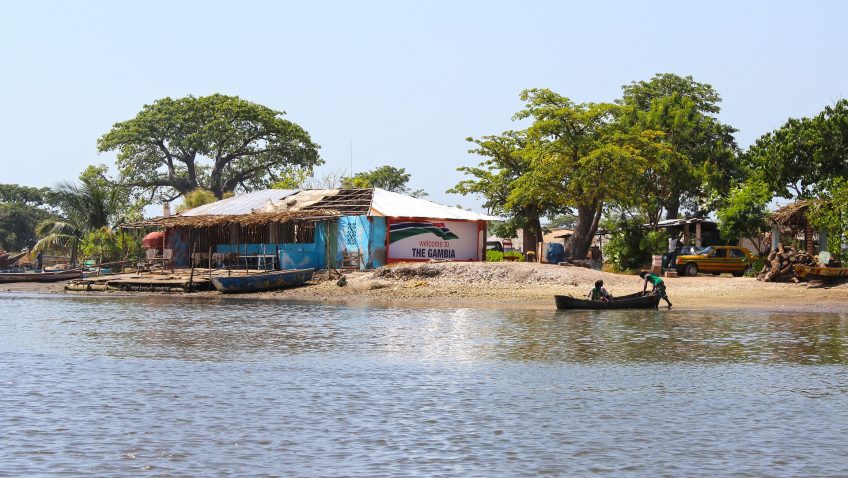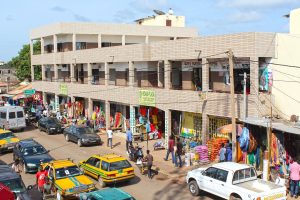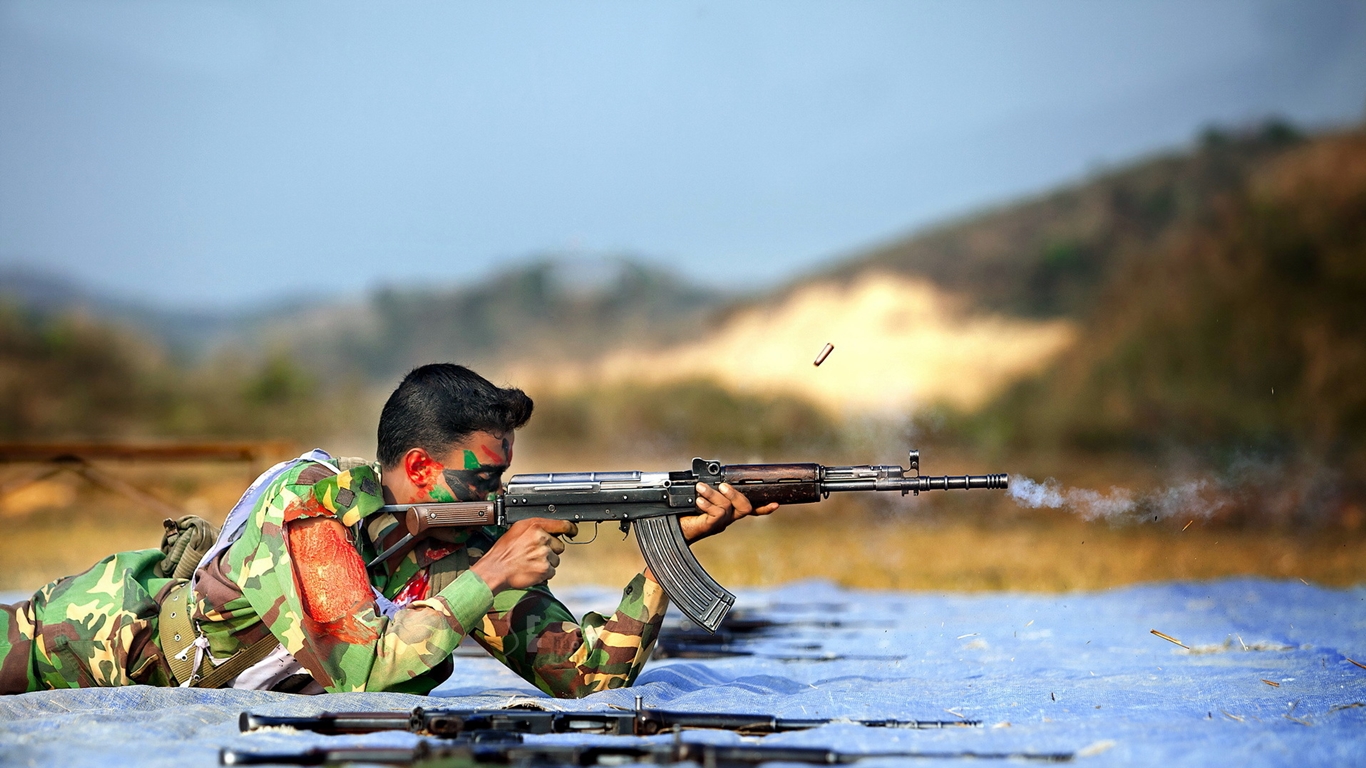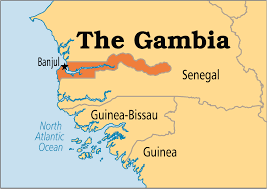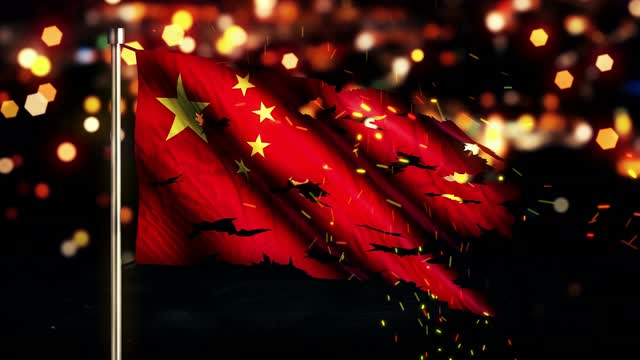With the dawn of each “Independence” anniversary on February 18th, we, as Gambians, blow horns, sing, drum and cheer to celebrate “Independence Day.” This year shall be no exception.
Independence is defined as “freedom from being governed or ruled by another country, or the ability to live your life without being helped or influenced by other people: In other words, it is the status of being not subject to another’s authority or jurisdiction.
The jamboree begs the question: Are we truly independent? Yes, we seem to be free from being ruled by another country. Yes, we have our own State with defined boundaries called the Gambia. Yes, we have our democratically-elected Government and State institutions in place. Nevertheless, are we politically, culturally and economically independent?
Are we really independent when the Gambia is ranked 174 out of 189 countries and territories by the UNDP’s Human Development Index, HDI? Are we really independent when more than a third of The Gambia’s population lives below the U.N. poverty line of $1.25 per day? Are we really independent when the debt-to-GDP ratio is at 88%? Are we really independent when we still heavily rely on donor countries for budgetary support? Are we really independent when the bulk majority of the population does not have access to a decent healthcare system? Are we really independent when our people continue to die from curable diseases? Are we really independent when the education quality and standards are in sustained decline? Are we really independent when we cannot formulate an independent foreign policy? Are we really independent when English remains our official language and lingua franca? Are we really independent when hundreds of our young men perish in the so-called perilous backway journey to reach the shores of Europe in search of ”greener pastures”?
Yes, there is no doubt that our country has witnessed some progress, but the so-called independence leaves a lot to be desired. The Gambia continues to bank on donor handouts and loans for budgetary support to fund the bulk majority of its development projects. Successive Gambian administrations lamented the lack of resources; hence they had to reach out for foreign aid. Our leaders spend little time governing as they keep crisscrossing the world, soliciting aid packages. Sadly, the funds secured are largely siphoned into deep pockets. The rest is spent on endless conferences and flashy vehicles rather than ensuring that the funds trickle down to the actual beneficiaries who make up the majority of the population: The poor. We are still characterized as a heavily indebted nation.
It’s high time that our leaders came up with a sustainable development plan that would contain a long-term vision to generate wealth in order to lift the people out of abject poverty, among other things.
As we mark the 58th birthday of our nationhood, “Independence Day” should serve as a moment of sombre reflection for all of us, the rulers and the ruled alike, to ponder on our past and get answers for the critical questions above to forge ahead as a viable nation.
I finally take this opportunity to pay homage to our founding fathers, who have led the struggle for independence.
By Basidia M Drammeh

